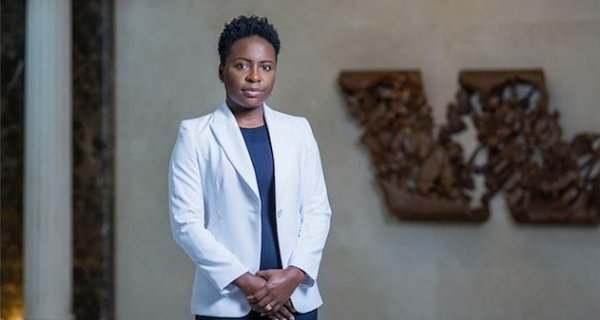According to a joint statement from the IFI and UNECA sent to Lusa, the meeting, which marks the 'kick-off' in the negotiations on a potential debt agreement from developing countries to private creditors, was attended by 15 finance ministers, including that of Angola, Vera Daves, and was led by the African Union special envoy and former chairman of Credit Suisse bank, Tidjane Thiam.
The objective of the meeting, which took place on Monday, was "to discuss the potential involvement of the private sector in the G20 Debt Service Suspension Initiative (DSSI)", referred to in the statement, which also reads that "the group discussed issues around harmonization of procedures when possible, despite recognizing that a one-size-fits-all solution may not apply due to the particular characteristics of each country ".
In the text, the two groups representing creditors and debtors agree that "everyone, including the private sector, has a role to play in supporting emerging African countries with capital and liquidity during the crisis" and add: "Both sides agreed to explore how to provide liquidity to countries while honoring obligations to creditors and preserving future access to markets ".
According to the document, the meeting, which took just over an hour, essentially served to define the starting point of negotiations in which private creditors will argue with the need for financial commitments to be honored and with the difficulties in assuming losses due to legal constraints that mark many of the debt purchase contracts of countries now in difficulty.
"The main purpose of today's discussion was to understand the range of potential options, in addition to underlining the importance of keeping access to private markets available after the crisis", says the document that emphasizes that the investors represented by the IFI "bring a significant experience and expertise in Africa and other emerging markets and generate assets worth more than 45 billion dollars ", more than 41 billion euros.
The assumption of the debt problem as a central issue for African governments was well reflected in the concern that the International Monetary Fund and the World Bank dedicated to this issue during the Annual Meetings, which take place in April in Washington, at which they made funds available and agreed a moratorium on paying the debts of the countries most vulnerable to these institutions.
On April 15, the G20, the group of the 20 most industrialized nations, also agreed to suspend US $ 20 billion, about € 18.2 million, in bilateral debt for the poorest countries, many of which are African, by the end of the year, challenging private creditors to join the initiative.
UNECA, among other institutions, is designing a plan that aims to exchange countries' sovereign debt for new concessional bonds that can prevent the funds needed to fight covid-19 from being used to pay creditors and avoiding the default rating. 'by rating agencies, which may, in practice, make access to private financial markets unfeasible.
On Sunday, the African Union's acting president, South Africa's head of state, Cyril Ramaphosa, argued that the suspension of debt payments should be in effect for two years and not just until December.







